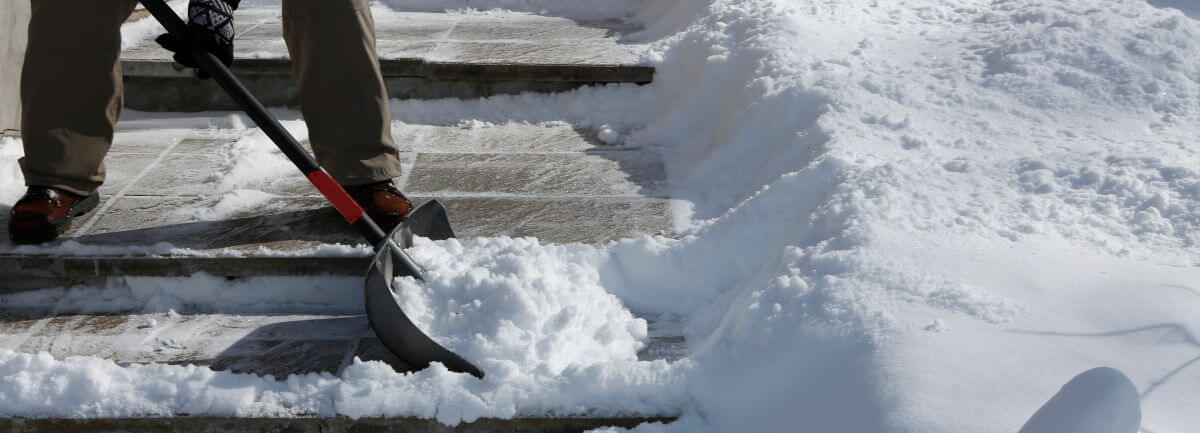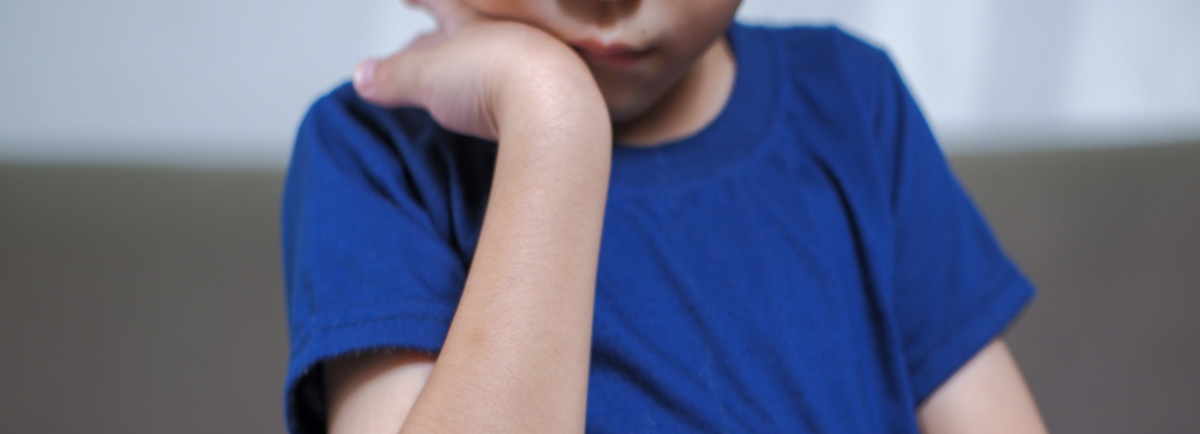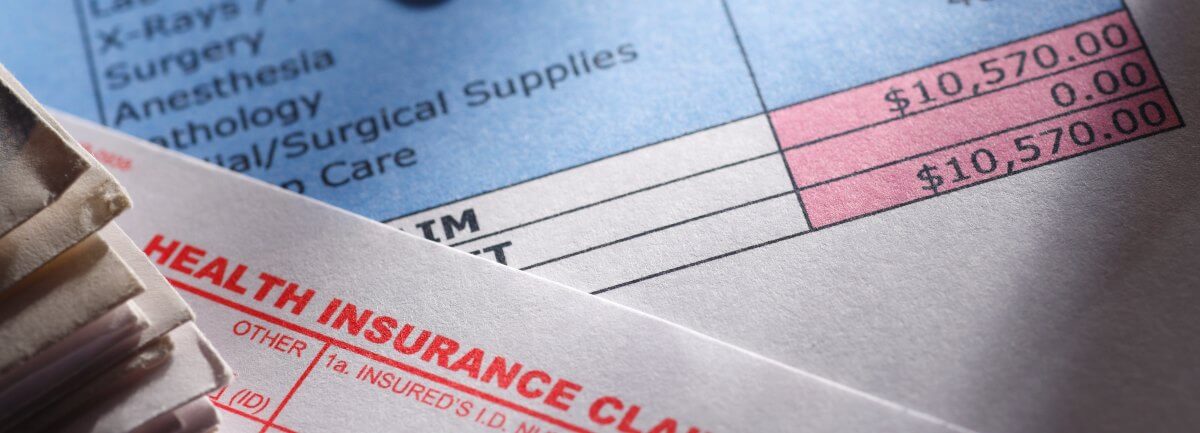Can Property Owners be Held Liable for Slip and Fall Accidents Caused by Snow or Ice?
Slip and fall accidents happen throughout the year in Ohio. That said, they are much more likely to occur in the winter when people encounter ice and snow where they walk.
Some may dismiss slip and fall injuries as no big deal. However, many slip and fall victims suffer severe injuries like broken legs or hips, spinal cord injuries and even brain or head trauma. Victims may wonder if the owner of the property where they fell could be liable for medical expenses and other damages.
Friedman, Domiano and Smith’s experienced Cleveland slip and fall lawyers discuss liability for winter slip and fall accidents below.
If you have questions after getting injured in a slip and fall, contact our firm to learn more about how we may be able to assist you. An initial consultation with one of our lawyers is free of charge and there are no upfront fees if we take your case. Our firm has been advocating for the injured in northeast Ohio for decades and we have obtained millions for our clients.
We are ready to take your call. Phone: 216-621-0070.
Do Property Owners in Cleveland Have a Duty to Clear Snow or Ice?
Yes, they do. Under the Cleveland Code of Ordinances § 507.14, owners, occupants or persons who have charge of any building or land that fronts an avenue, street, alley or public highway are required to clear the entire sidewalk of ice or snow before 9:00 a.m. every day. If the sidewalk is not flagged or paved, property owners must clear ice or snow to a width of five feet.
Sometimes it may not be possible to remove all the snow or ice. In these situations, the owner, occupant or person in charge must cover the snow or ice with ashes, sand or another substance to make the area safe and convenient for pedestrians.
Property owners who fail to comply with this law could be fined $5 for each offense, along with $1 per day for as long as the offense continues.
The city could remove ice or snow at the owner’s expense. If a property owner does not pay for the removal of ice or snow, the city can impose a lien.
Can Property Owners be Held Liable for Not Removing Snow or Ice?
Despite the ordinance referenced above, property owners in Ohio are generally not held liable for a slip and fall on natural accumulations of snow or ice on their property. In the context of a personal injury claim, property owners do not have a duty to remove these natural accumulations. They do not even have a duty to warn people of the danger of walking on the snow or ice.
Invitees, such as customers who go to a retail store, are expected to be aware of the risks of natural accumulations of snow or ice and to take appropriate steps to protect themselves from danger. The law places more responsibility on the invitee than the property owner in many situations.
What if the Accumulation of Snow or Ice was Unreasonably Dangerous?
This is one of the two exceptions to the legal standard explained above. If your lawyer can prove the accumulation of snow or ice was substantially more dangerous than you should have anticipated, based on your knowledge of the conditions in the area, the property owner might be at fault.
Your attorney will need to carefully evaluate your situation to determine if the snow or ice was unreasonably dangerous.
There is a legal precedent in Ohio that a property owner may be liable for the unreasonable accumulation of snow. The case that set this precedent is Mikula v. Tailors. The court ruled that an accumulation of snow over a large hole in a parking lot was substantially more dangerous than a condition normally associated with snow. The main takeaway from this case is if snow is covering another danger that an invitee could not anticipate, there may be a case against the property owner.
Property owners may need to have more due diligence in the winter to discover these types of situations. They may need to be proactive to discover hazards covered by ice or snow and take steps to help protect visitors to their property.
What if the Accumulation of Snow or Ice is Unnatural?
This is the second exception to the legal standard on natural accumulations of ice or snow on property. If your lawyer can establish the accumulation of snow or ice was due to the actions of the property owner, there may be a viable case for negligence.
Ohio courts have not clarified what an unnatural accumulation of ice or snow is. One possible example may be ice created by a leaking gutter or drainage system. If the property owner knew or should have known about something that caused pooling of water that could freeze, there may be a case. However, it is hard for victims to satisfy the burden of proof in these types of claims.
What to do After a Slip and Fall on Ice or Snow
If you slip and fall on ice or snow, you should strongly consider meeting with an attorney to discuss potential legal options. However, while you are at the scene of the accident, taking pictures of where you fell could be vital to your chances of recovering compensation for your damages. If snow or ice was covering up some other hazard you will need evidence of it.
Victims should also inform the property owner. It is also a good idea to exchange information with the property owner, including contact information.
Victims should head right to the hospital so their injuries can be diagnosed and treated. Immediate medical treatment helps to link your injuries to the accident.
After getting medical treatment, you should consider discussing the situation with an experienced attorney. You may have a valid case and you may be able to obtain compensation for your medical bills, lost wages and other damages.
Are You a Slip and Fall Victim? Call Friedman, Domiano and Smith
Some injured victims assume they do not have a case and they do not bother contacting a lawyer. However, sometimes victims are wrong and another party bears liability for their damages.
If you are unsure if you have a slip and fall case, contact us to find out if we can help you through the legal process. We have extensive experience with injury claims and are well-versed in relevant laws.
Millions Recovered. No Upfront Fees. Call 216-621-0070.
Comments are now closed




Comments